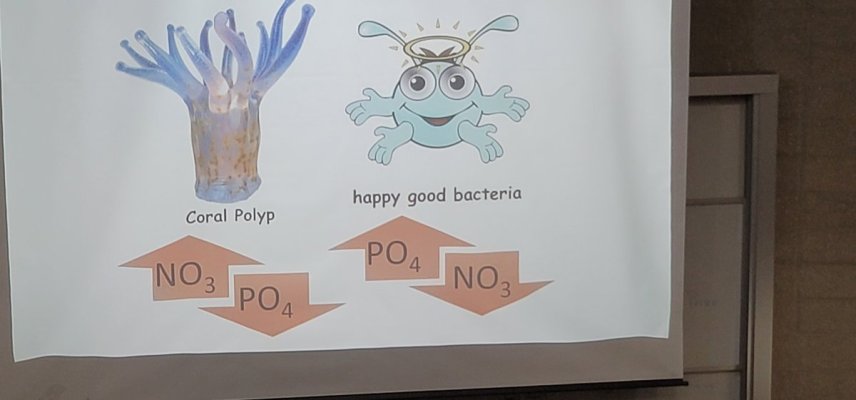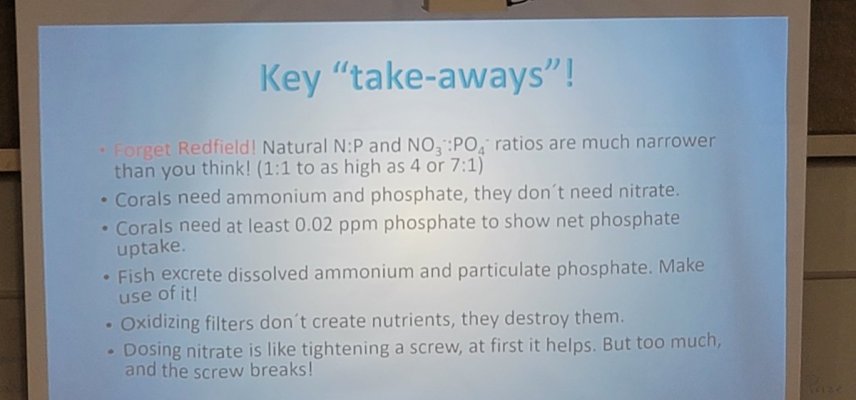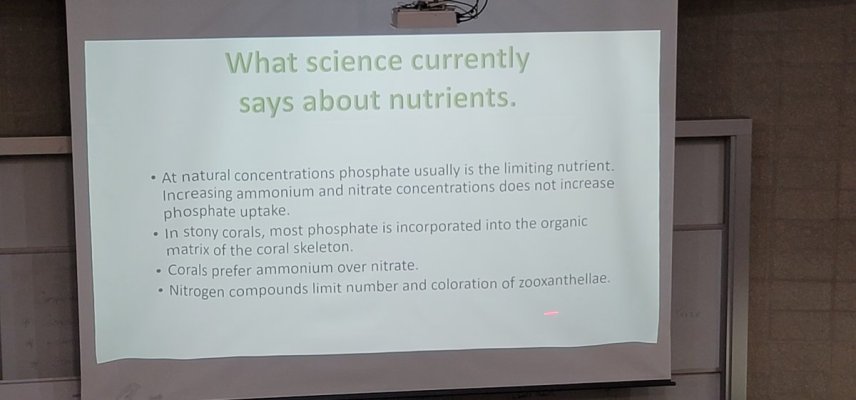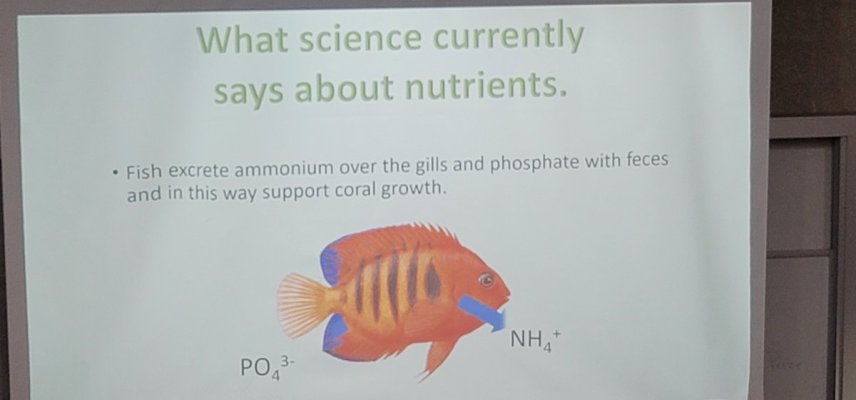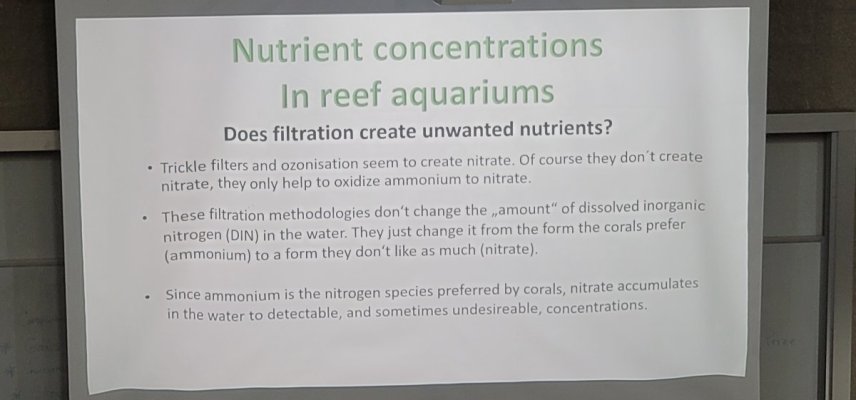- Joined
- Aug 27, 2015
- Messages
- 1,296
- Reaction score
- 979
9 gal aio. First is keep number of fish low and don't over feed. Best way to control it in a 9 gal nano is water changes. With many micro sized around one gallon people do 100% water changes. 10 percent approximately weekly is less than one gallon. Unlike say a 300 gallon would be 30 gallons.




